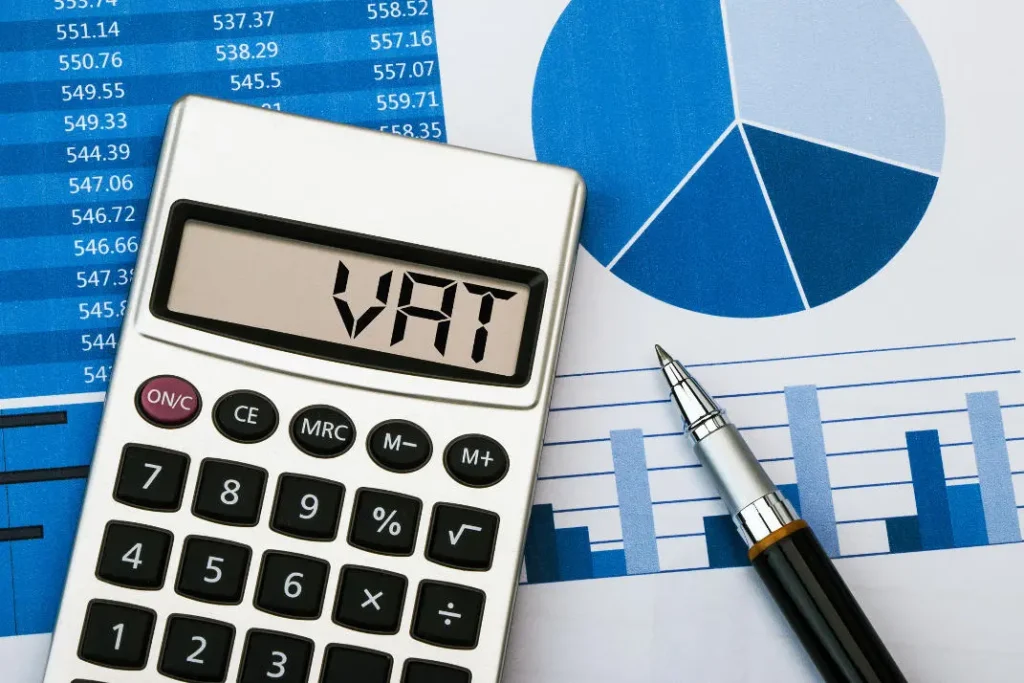Introduction
As a company owner or shareholder, it’s important to understand the process, requirements, and potential tax implications of paying and receiving dividends in Thailand.
In this guide, we explain the essential details of dividend payments in Thailand, including the time frame, restrictions, accounting requirements, foreign exchange considerations, and more.
Key Points
- Dividends are a portion of a company’s profits distributed to shareholders.
- A resolution must be passed by both the Board of directors and shareholders.
- Dividends are subject to 10% withholding tax.
- Dividends must be paid from the company’s profits.
- BOI companies may have dividend tax exemptions for promoted activities.
- A company’s articles of association may have specific rules for the payment of dividends.
- Dividends cannot be distributed until the legal reserve fund has been fully funded.
What are Dividends and Dividend Payments?
Dividends are a portion of a company’s profits that are distributed to its shareholders. They are typically paid out on a regular basis, such as quarterly or annually, as a reward for owning shares in the company.
In Thailand, the Civil and Commercial Code (CCC) states that dividends should be paid out of profits and distributed in proportion to the amount paid by each shareholder on their shares. Dividends received are classified as income and are subject to withholding tax at a rate of 10%.
The board of directors of a company will pass a resolution in order to approve and issue a dividend. To pass such a resolution a Board of Directors meeting will be called and a vote on whether or not to issue the dividend will be held. Once the resolution has been approved by the Board of Directors, a Shareholders meeting will then be called to vote and approve the dividend payment. Once a dividend has been approved, it must be paid out within a month of the meeting.
What is the Timeframe for Making Dividend Payments?
In practice, the process of approving and paying dividends typically takes around three to four weeks. However, if the company’s articles of association stipulate a specific notice period for holding the board of directors, the dividend payment process may take longer. Once the dividend payment is approved, it must be distributed to the shareholders within one month of the shareholders meeting.
Failure to pay a dividend within the required time frame can result in a fine being imposed on the company.
Are there any Restrictions on Dividend Amounts?
In Thailand, there are restrictions on the amount of dividends that can be paid by a company. Dividends must be paid out of the company’s profits, including retained earnings and current profits. If the company has incurred losses, those losses must be repaid before dividends can be paid. Additionally, at least 5% of the profits must be placed in a legal reserve fund until it reaches 10% of the company’s capital or higher depending on their articles of association.
What are the Accounting and Auditing Requirements?
To support the ability to pay any proposed dividends, the company may consider having a financial report made for the relevant accounting period. An unaudited financial report should be sufficient for this purpose. However, it’s important to note that the company’s articles of association may contain other restrictions on the amount of dividends that can be paid or the process for doing so.
What are the Requirements for Remitting Dividend Payments Abroad?
If the company’s shareholders are foreign individuals or corporate entities and the dividend payments will be remitted to bank accounts outside Thailand, the company must submit board of directors’ and/or shareholders’ minutes approving the dividend payment, a copy of the list of shareholders, and other supporting documents as required by the bank.
If the dividends to be remitted outside Thailand exceed US$50,000, a foreign exchange transaction form will be required.
Can Dividends be Paid in Kind?
Dividends paid in kind, are a type of dividend payment where a company distributes a portion of its profits to shareholders in assets or other property rather than cash.
In Thailand, dividends must be paid out of profits only and cannot be paid in kind. Dividends can only be distributed in the form of cash payments as per the Commercial and Civil Code.
Do you have to pay Withholding Tax on Dividend Payments?
Dividends paid to resident or non-resident individuals in Thailand are subject to a withholding tax rate of 10%. The withholding tax is deducted by the company and paid on behalf of the shareholders. The same withholding tax rate applies to corporate shareholders who are not residents in Thailand.
How to Avoid Paying Taxes on Dividends in Thailand
Thailand offers various differ tax exemption schemes for the payment of dividends. Exemptions are available to Parent-Subsidiary regimes i.e. a company that owns at least 25% of another company, companies that have received a BOI promotion and international dividend payments which originated from a country which has signed a Double Tax Agreement with Thailand.
Exemptions for Parent Companies receiving dividends from subsidiaries
This exemption has been designed to prevent the double taxation of the same income earned by parent companies and their subsidiaries. Therefore, any profits distributed by a subsidiary company to their parent company will be exempt from withholding taxes. This ensures that profits are taxed only once.
To qualify for this exemption, a Thai parent company that receives a dividend from their Thai
subsidiary company must possess a minimum of 25% of the total shares with voting rights in the paying company. It is important to note that there should be no cross-shareholding i.e. the paying company does not hold any shares in the recipient company.
Furthermore, the parent company, as the recipient of the dividend, is required to maintain ownership of the shares in the paying company for a duration of at least six months i.e. three months before the payment of the dividend and three further months following the dividend payment.
It is also important to note that if the company receiving the dividend owns less than 25% of the shares of the company paying the dividend, then 50% of the received dividend will have to be declared as revenue in its annual tax filing.
Exemptions from Double Tax Agreements
In Thailand, dividends paid to shareholders who are resident or non-resident individuals are subject to the same withholding tax at the rate of 10% as those dividends earned in Thailand. However, depending on certain conditions, dividends paid to Thai resident corporate shareholders may be exempt from tax. Thailand has signed double tax agreements (DTAs) with many countries worldwide, including the United States, Canada, France, the United Kingdom, Singapore, etc. DTAs may allow for reductions or exemptions on withholding taxes for payments made to foreign businesses not operating in Thailand.
Exemptions for Dividends under BOI
Section 34 of the Investment Promotion Act B.E. 2520 (BOI) outlines the requirements for a Thai company to pay dividends in compliance with the requirements of the Board of Investment (BOI). The following conditions must be satisfied:
The Thai company distributing dividends must be officially endorsed by the Board of Investment (BOI). Additionally, the dividends must be derived from profits generated through promoted activities. These dividends must also be issued during the period when the BOI Company is still eligible for the corporate income tax exemption. In practice, the CIT income exemption is granted for a maximum of eight years. This 8 year CIT exemption period will begin from the commencement of business activities of the BOI Company.
It is also important to note that BOI Companies may generate profits from both promoted and non-promoted activities. In such instances, the company must split its profits into categories, distinguishing earnings arising from promoted activities and those from non-promoted activities. The BOI Company retains the ability to choose the source of profits—whether promoted or non-promoted—for dividend distribution. However, only dividends originating from promoted activities are eligible for the tax exemption.
Finally, this tax exemption is applicable to all shareholders of the BOI Company, regardless of whether they are local or foreign investors.
Our Thoughts
In Thailand, the dividend tax is notably low, set at a 10% withholding tax rate. Tax exemptions on dividends are available for Board of Investment (BOI) companies and corporate shareholders who own more than 25% of the shares. However, it’s important to note that dividends cannot be paid if the company is operating at a loss or if the legal reserve fund is not fully established.





